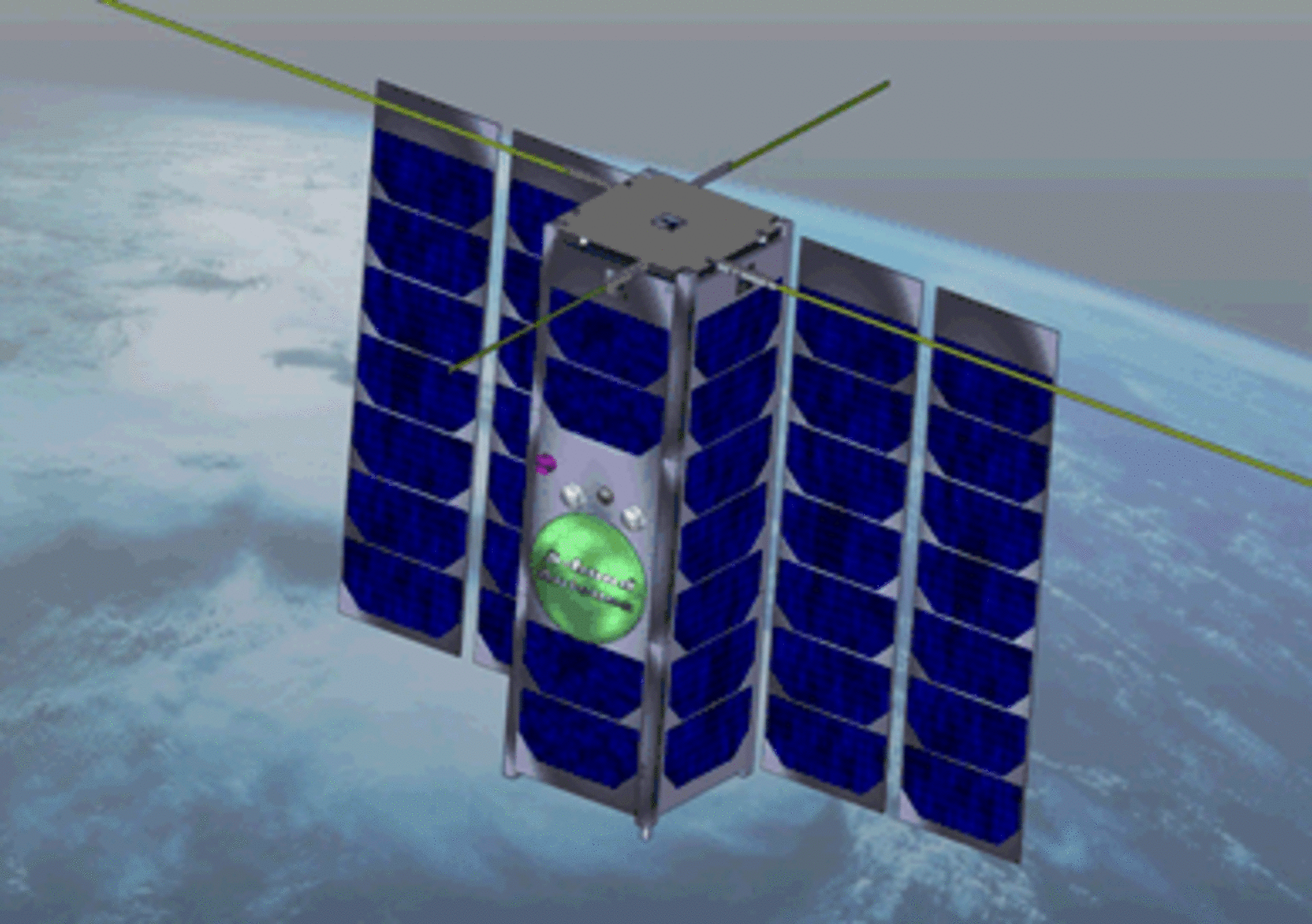New software ideas get a step closer to space
Project managers at the European Space Operations Centre (ESOC) are preparing to welcome candidates from across Europe to develop the requirements for the OPS-SAT mission. Software developers responded to a public invitation to put forward ideas for the orbiting laboratory, and several companies may now have their first experience of working in space.
“The project suggestions come from across the spectrum of spacecraft control – from communication to guidance and navigation, to software and ground control,” says Dave Evans, OPS-SAT project manager at ESOC.
“We were looking to advance the kind of technology flown in space, and we have ideas coming from the cutting edge of microelectronics and from companies who haven’t tried this before.”
The different teams involved will have the chance to find out more about each other’s plans at an Open Day in ESOC on 20 June, when they will meet the project managers and discuss technical descriptions of their work. ESA is providing the opportunity to use the new satellite, but the project itself will not fund or supervise the individual experiments.

“We’re looking forward to getting everybody together and seeing how their plans can complement each other,” says Evans, reminding participants that they must register for the Open Day by 20 May.
The experiment teams represent a wide range of countries – including projects from Ireland, Bulgaria, Hungary, the Czech Republic, Poland, and Greece. Once the final combination of experiments has been selected, the teams will be able to work on them from their home nations as part of the OPS-SAT community.
Although more than 90 experiments have been assessed as suitable for OPS-SAT, there is still a small window of opportunity for more people to be involved.
“On an exceptional basis, we can still allow more participants at this important stage, but they should contact me as soon as possible,” says Evans.
Later in the summer, the design of the mission will be finalised and experimenters will find out whether their ideas will be go for launch with OPS-SAT, depending on the design, schedule and cost.
“This satellite is like nothing ESA has done before, and we’re delighted that so many experimenters have decided to get involved,” says Ian Carnelli, from ESA’s General Studies Programme. “A lot of hard work has gone into the proposals already and we’re really pleased with the effort the teams have put in. The next step will be even more exciting.”
For further information, please contact:
Ian Carnelli
ESA General Studies Programme officer
Future Preparation and Strategic Studies Office
ESA Headquarters, Paris, France
Email: Ian.Carnelli @ esa.int
David Evans
OPS-SAT Project Manager
Advanced Mission Concepts Office
European Space Operations Centre
Darmstadt, Germany
Email: David.Evans @ esa.int





